notes from the motherland
thoughts from a 2-week trip to Libya, as well as all the books I read in January.
“I don’t want to spend another whole summer there again.” This was a recurring statement levelled at my parents throughout my childhood. Every summer, up until the age of 15, my family and I would pack our bags and head to Libya for the school holidays. Six weeks of blistering sun, huge family gatherings and swimming in the Mediterranean Sea. Now, this sounds like a dream-like scenario. However, back then, I resented these trips back home. Or my parents’ home, as I used to tell them. When you’re a teenager attempting to fit in, your friends are your whole world. And as I was already very different to my school friends, my attempts at fitting in were especially heightened. And so, leaving for six weeks during the summer always felt a little like I was being socially punished. A pariah. Friendships can be fickle during the teenage years. Would my mates remember me when I walked through the doors of school in September? Or would I have to start again? Every year, these questions would swirl around in my mind and every year, it turned out fine but the worry was always there.
As I’ve gotten older, my relationship to my homeland and heritage is different. A part of me pines for a life I could’ve lived, if my parents hadn’t decided to leave for the UK in the 90s. Maybe it’s connected to the fact I turned 30 late last year or perhaps life in the UK only seems to be getting worse, but the feeling is there. So, when my parents were chatting about an upcoming visit to Libya a few months ago, I surprised them by announcing that I would like to go too.
The first thing I noticed is how at peace I felt hearing the call to prayer from the local mosque near my mother’s childhood home. A sound she grew up with and has heard most of her life and a sound that feels like home to me, in a place that isn’t technically my home. Hearing the five calls to prayer throughout the day (instead of checking times on an app on my phone) was not only calming but refreshing for my day-to-day routine and strengthening for my relationship to Allah. I even managed to get up and pray fajr for a lot of the mornings I was there. There’s a lot to be said about being surrounded by Muslims who live diverse and varying lives but will all stop and come together for those five daily prayers.
Reconnecting with family and relatives, as well as my mother tongue of Arabic, has also been a huge blessing. To drink tea with my aunts. To eat traditional and homemade dishes on the floor with my hands. To pray together. To hold my new baby cousin. To read amongst my grandparents’ books. To read, knowing my grandmother was never afforded the opportunity and what a privilege it is to be able to read and write. To wear my aunt’s dresses. To breathe in the sea air. To drink coffee and gossip with my cousins. To watch a nation’s collective love language (acts of service) on display. To look through old photo albums. To listen to my parents’ childhood stories.
But language is something I’ve struggled with. It’s as if there’s a mental block on the words I know and my Arabic sentences come out all jumbled and wrong. It makes you feel silly but mostly, it made me feel young and child-like. Language is such a vital part to communicating with others and being able to get to know a person properly. But because my Arabic isn’t what it used to be, it sometimes feels like it’s a barrier to my extended family knowing me properly as I’m not able to convey my personality fully.
Language is a funny thing though. Because I understand Arabic a lot better than I can speak it, I spent a lot of time listening to conversations. And it’s reminded me to actively listen to other people’s stories and think about myself a little less. Most people have something interesting to say. I will always be grateful that my parents prioritised and pushed for my siblings and I to learn the language — even if we’re not as fluent as we used to be. Your mother tongue is a gateway to feeling more at home in your culture and heritage. Language bears the fruits of your ancestors and carries them through for generations to come.
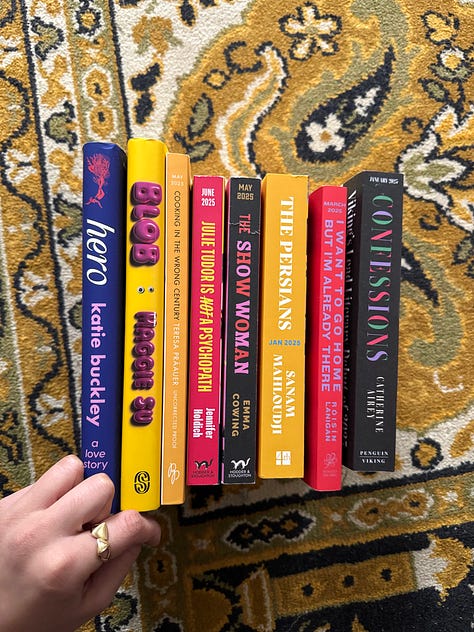
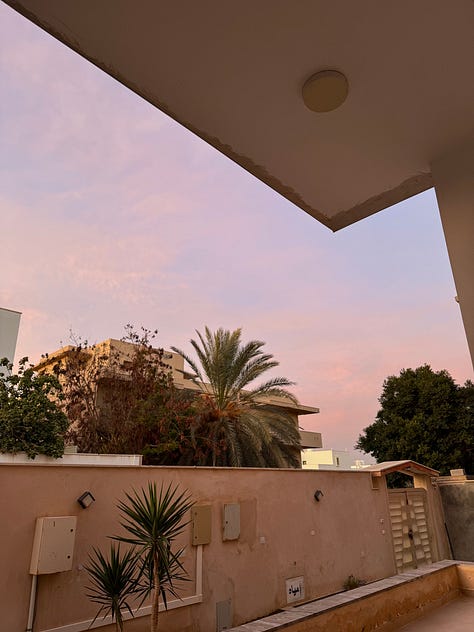
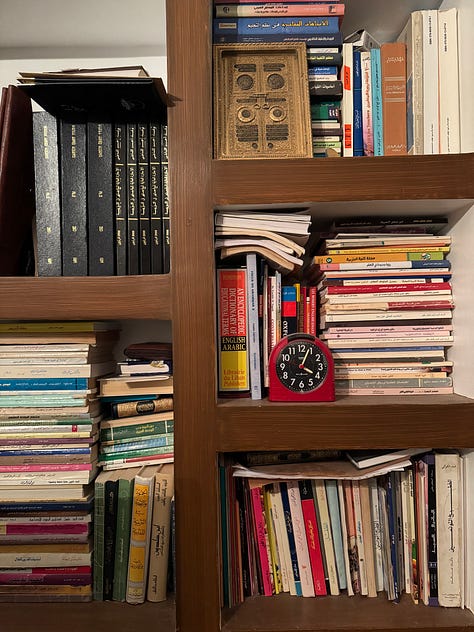
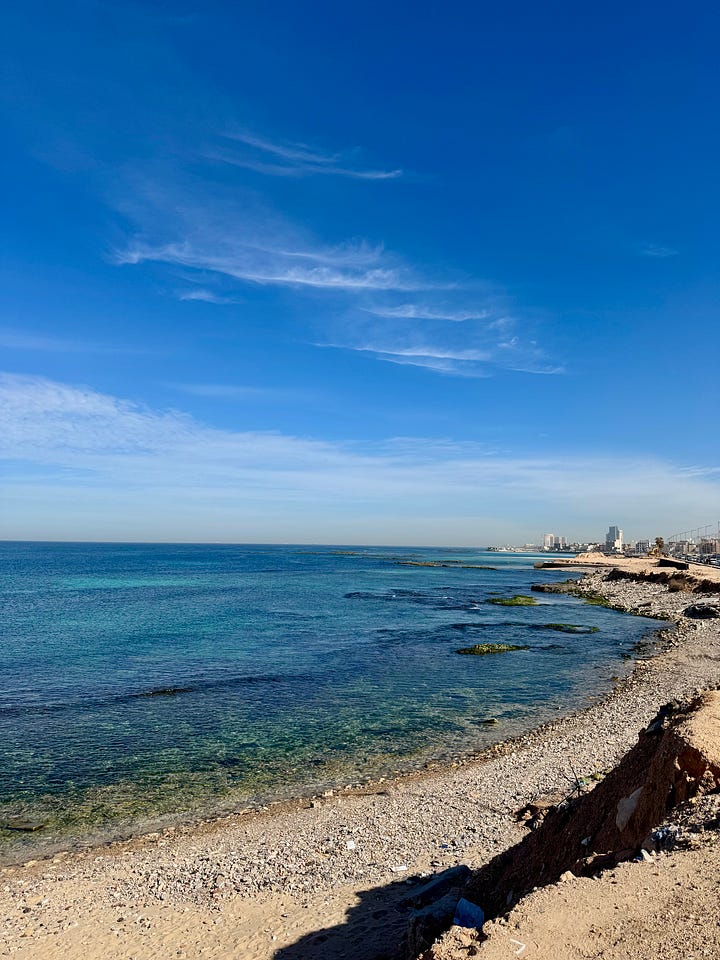
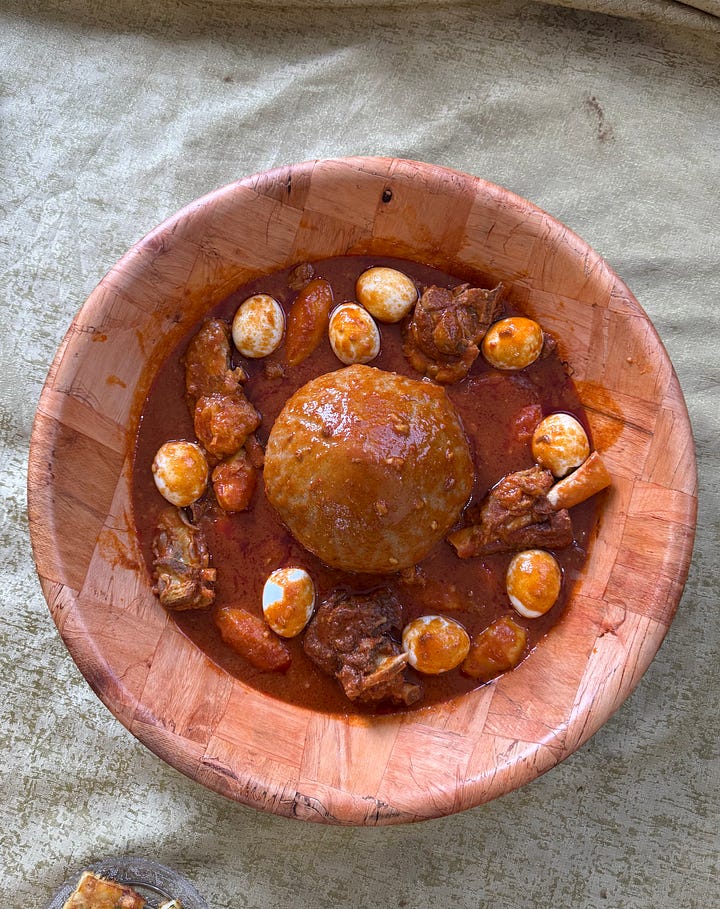
January reading diaries
With these reading diaries, I won’t be outlining or summarising the plots of the books as that would be long and time-consuming. So, I’ll just be writing a few lines of thought about each book. And I won’t be including any books I didn’t finish.
The Idiot by Elif Batuman — My friend David recommended me this book and I’m so glad he did. In some parts, I did feel like an idiot reading this novel. But the plot (and subplots) was interesting and the writing was incredible.
Say You’ll Remember Me by Abby Jimenez — Having read books by this author previously, I knew I liked Abby’s stories and style of writing. And her latest book did not disappoint, a great romantic palette cleanser.
Greedy Guts by Gina Tonic — I adore a memoir and when I heard that Gina was writing one, I was very excited. I’m lucky that I got to read an advanced copy of Greedy Guts and it’s brilliant. Outrageously witty and insightful.
The Persians by Sanam Mahloudji — I loved the characterisation in this novel and the writer’s ability to separate and distinguish between so many voices, across generations and cultures. I was completely absorbed into their lives.
Blob by Maggie Su — Oh my god, this book. It’s rare to feel like you’ve read something new or unique. A strange but beautiful concept on love, compassion and what it is to be human. Short but sweet!
I Want To Go Home But I’m Already There by Róisín Lanigan — I was clearly on a roll with my January books because this was another excellent read and debut. An eerie and dark horror about the rental market, this novel is written beautifully and is such an insightful (and accurate) exploration of the housing crisis.
Confessions by Catherine Airey — A BIG generational story of beautiful and complicated women, who are all connected to each other in some way. Adored it.
Cooking In The Wrong Century by Teresa Präauer — This was beautifully written and an interesting concept but it felt a little too vague for me.
Hero by Katie Buckley — I really enjoyed the writing style and flow of this novel, especially as it’s written as a letter of sorts to the protagonist’s lover. A real and exquisite exploration of love, relationships and identity.
The Show Woman by Emma Cowing — This isn’t a book I’d usually choose to read but I’m so glad I did. The story was engaging and it was clear a lot of research went into it. The plot and characters were properly fleshed out and I didn’t see the end twist coming.

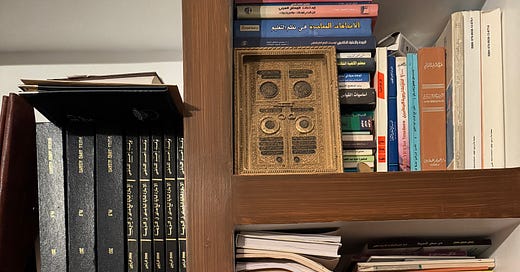


I really liked The Idiot, especially the Svetlana character. And this excerpt was hilarious: “A soup called ‘boy-catching soup’ and a cake called ‘mother-in-law cake.’ These two dishes seemed to sum up a whole worldview of entrapment and placation.”